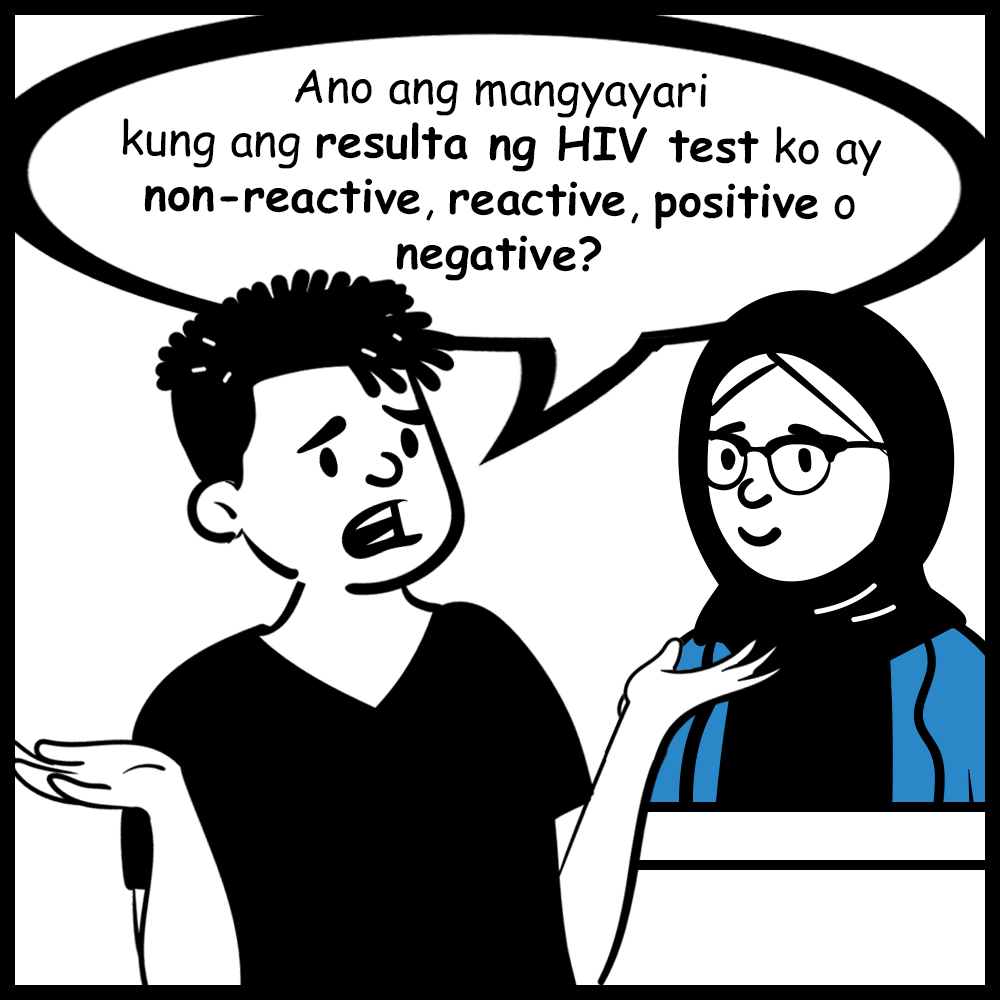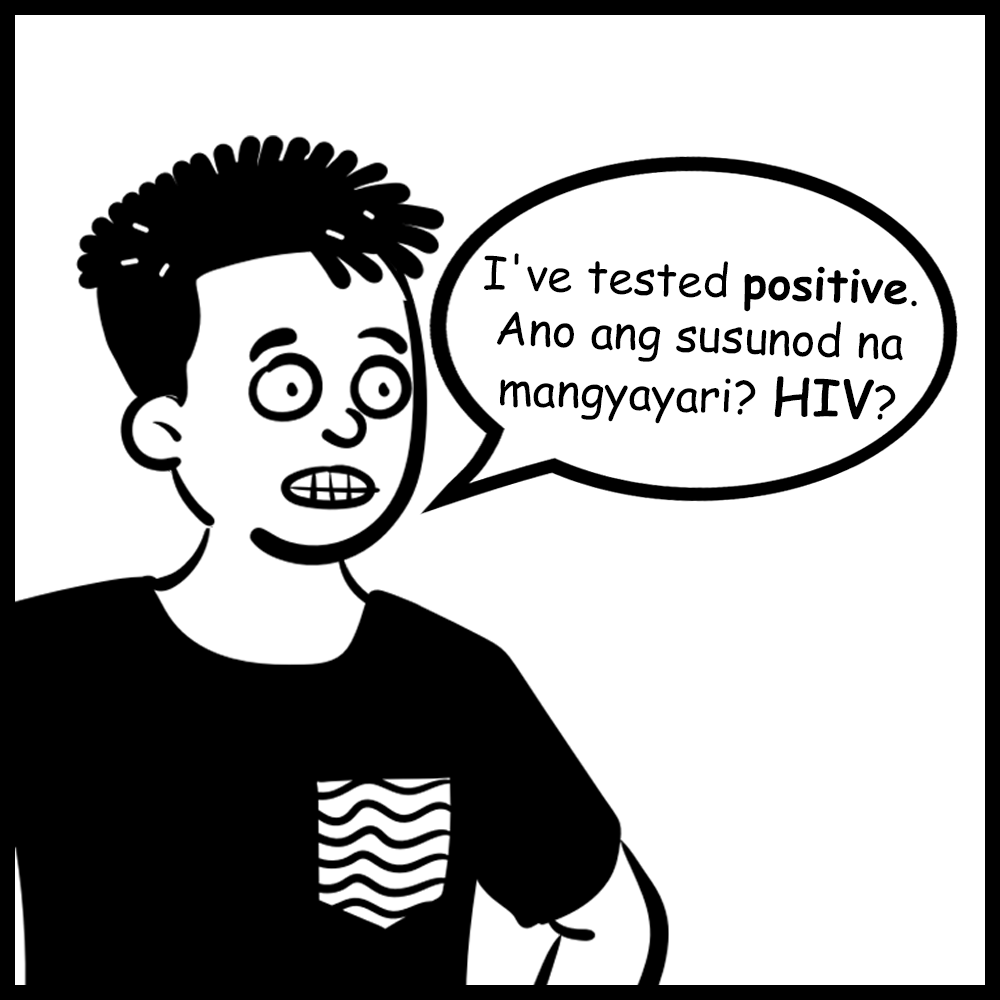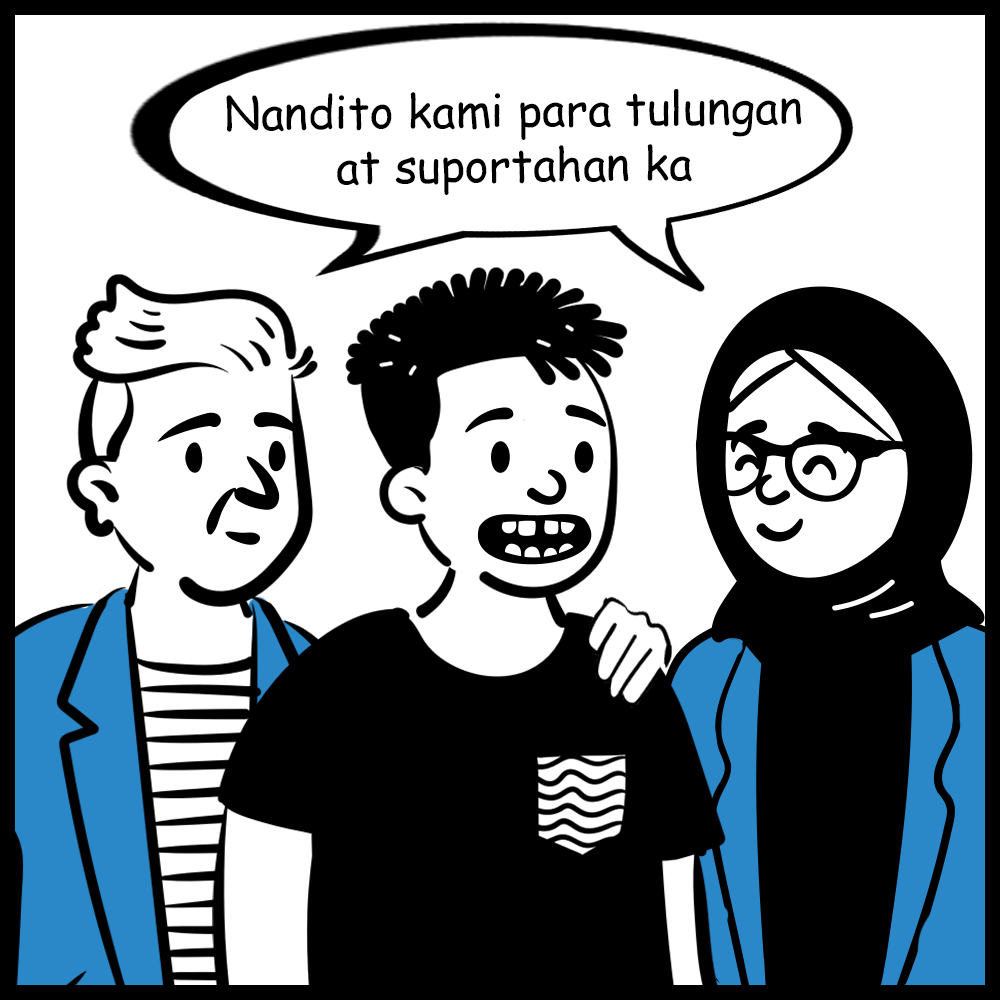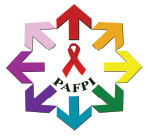AFTER TESTING
After HIV testing, there are two crucial steps: post-HIV test counseling and connection to care. However, the Department of Health Administrative Order 2017-0019 or the Policies and Guidelines in the Conduct of Human Immunodeficiency Virus (HIV) Testing Services (HTS) in Health Facilities list different post-HIV test counseling processes depending on the test results, which could be non-reactive, reactive, positive confirmatory, negative confirmatory, and indeterminate or inconclusive.

What is the process for post-HIV test counseling for a Non-Reactive Result?
Clients should expect the following from the HIV counselors during post-HIV counseling for a non-reactive result.
- The client will receive an official copy of the HIV non-reactive test result signed by an HIV-proficient medical technologist and validated by a pathologist.
- The client may not be infected or have been infected from the most recent exposure, but the body has not produced sufficient antibodies that the HIV test kit can detect.
- Clients should understand the ongoing significant risks like HIV status of sexual partner(s), HIV risk reduction and prevention, HIV retesting, and referral to continuous care and support services.
What should clients expect from the HIV counselor?
HIV counselors should check with the client if there are ongoing significant risks. If there are, the counselors should do the following:
- Ensure that the client understands the importance of knowing the HIV status of the sexual partner(s) and recommend that they undergo HIV testing.
- Facilitate HIV risk reduction planning, prevention, and the importance of maintaining an HIV-negative status.
- Offer retesting after six weeks from the last HIV test result.
- Refer the client for continuous support, sexually transmitted infection (STI) HIV prevention services, and other appropriate services from partner community-based organizations.
What is the process for post-HIV test counseling for a Reactive Result?
If the result is reactive, the client will not receive a reactive test result since the specimen or the blood samples shall be sent for confirmatory testing first. Instead, the HIV counselor will verbally inform the client about the reactive status during post-HIV counseling and are appropriately linked to care and support services.
What should clients expect during the post-HIV test counseling for a reactive result?
The HIV Counselor shall perform the following:
- Make the client understand the meaning of a reactive HIV test result. It could mean an HIV infection, but it needs confirmatory testing. The counselor should address the client’s questions for clarification and other concerns.
- Discuss with the client the HIV risk reduction planning and prevention of multiple HIV infections and other STIs, including Hepatitis B and C. The discussion on prevention should include proper condom use and lubricants.
- Emphasize with the client the importance of knowing the HIV status of the sexual partner(s), and recommend that they undergo HIV testing as well.
- Advise the client to undergo other testing and screening for Tuberculosis (TB), Hepatitis B and C, Syphilis, and other STIs.
- Emphasize with the client the importance of early assessment by a treatment hub physician. The counselor should also provide a referral letter to link the client to a treatment hub or primary HIV care facility.
- The coordinator should coordinate with a treatment hub or primary HIV care clinic and ensure that the client will be seen by the physician for further assessment and clinical management.
What is the process for post-HIV test counseling for a Positive Confirmatory Result?
All official confirmatory test results are only released to the referring facility to ensure post-test counseling. Not only those who are diagnosed HIV-positive but couples or partners where one or both are diagnosed HIV-positive should receive post-HIV counseling.
What should clients expect during the post-HIV test counseling for a positive confirmatory result?
Generally, the HIV counselor should help the client cope emotionally by addressing the client’s concerns, fears, and other emotional issues arising from the test result. The counselor could also help the client with the following:
- Link the client to care and support services
- Reinforce HIV risk reduction planning and prevention.
- Help the client in the process of disclosure to his/her partner(s), family, or significant other(s).
- Encourage the client and offer referral for counseling and testing of partner(s) and children.
- Assess the client’s risk of violence or suicide. The counselor should also discuss possible steps to ensure the client’s physical safety.
- Help the client understand the importance of early treatment and its benefits in maintaining health, preventing HIV transmission, and managing possible opportunistic infections.
- Refer and link the client to a treatment hub or primary HIV care clinic for antiretroviral therapy (ART) access and management of possible opportunistic infections. Also, link the client to care and support services.
What is the process for post-HIV test counseling for a Negative Confirmatory Result?
The client will receive post-test HIV counseling and the release of the confirmatory test result in an objective manner. The counseling could include HIV risk reduction and planning to ensure the client remains HIV-negative.
What happens when the HIV test result is indeterminate or inconclusive?
The client will NOT receive any result yet while waiting for the result of another confirmatory test using a new plasma sample.
What happens after receiving an HIV-positive diagnosis?
All clients with confirmed HIV-positive test results will be referred to a treatment hub or a primary health care clinic for the ART. Aside from the treatment, clients will also be referred or linked to care and support services to ensure proper psychosocial health interventions and adherence to ART.


